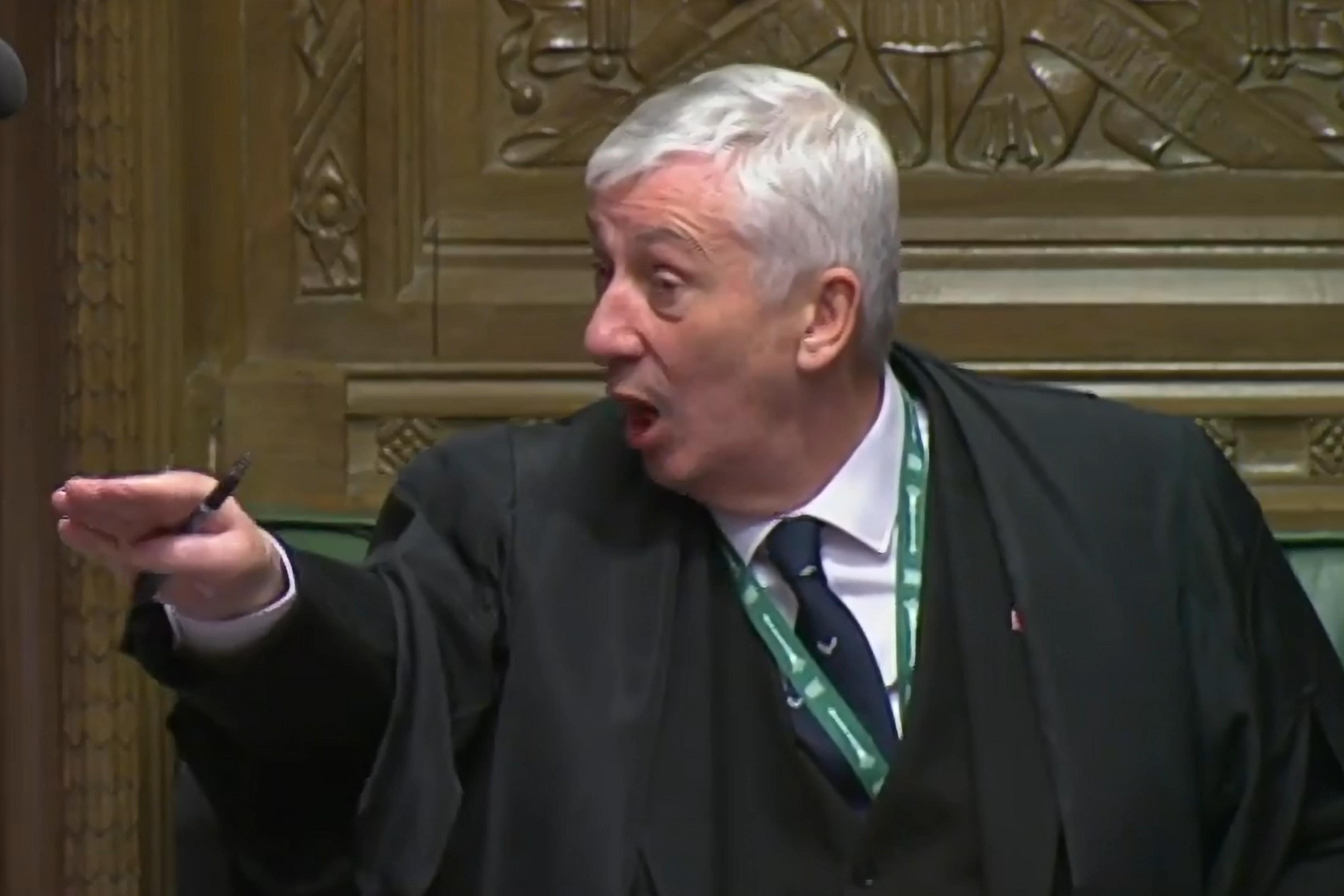Commons Speaker Hoyle warns of prejudice risk if China spy suspect named
The 28-year-old researcher has insisted he is completely innocent and he has not been named by police.

Your support helps us to tell the story
From reproductive rights to climate change to Big Tech, The Independent is on the ground when the story is developing. Whether it's investigating the financials of Elon Musk's pro-Trump PAC or producing our latest documentary, 'The A Word', which shines a light on the American women fighting for reproductive rights, we know how important it is to parse out the facts from the messaging.
At such a critical moment in US history, we need reporters on the ground. Your donation allows us to keep sending journalists to speak to both sides of the story.
The Independent is trusted by Americans across the entire political spectrum. And unlike many other quality news outlets, we choose not to lock Americans out of our reporting and analysis with paywalls. We believe quality journalism should be available to everyone, paid for by those who can afford it.
Your support makes all the difference.MPs have been urged not to name the parliamentary researcher arrested on suspicion of spying for China to avoid the risk of prejudice.
Commons Speaker Sir Lindsay Hoyle warned that discussing the identities of those involved could hamper any future prosecution.
The 28-year-old researcher has insisted he is completely innocent and he has not been named by police.
However, The Times newspaper has published the name of the researcher, with former Tory leader Sir Iain Duncan Smith saying there was a “clear public interest” in identifying him.
There had been speculation a MP would use the protection of parliamentary privilege to publicly name the suspect.
But Sir Lindsay told MPs: “I would remind all members of the importance of not discussing security issues on the floor of the House.
“That is particularly important in this case, where commenting on the identities of those alleged to be involved, engaging in speculation about the case or discussing other details runs a serious risk of prejudicing any future prosecutions – which the comments made in the media were unhelpful – something for which I’m sure no member will want to be responsible.”
Recent court rulings have made news organisations wary about naming suspects before they are charged.
The Supreme Court ruled last year in the case of a US citizen known only as ZXC that a person being investigated for a crime generally has “a reasonable expectation of privacy”.
The ruling confirmed the decision of the High Court in pop veteran Sir Cliff Richard’s privacy case against the BBC over its coverage of a South Yorkshire Police raid on his home in Sunningdale, Berkshire, in August 2014.